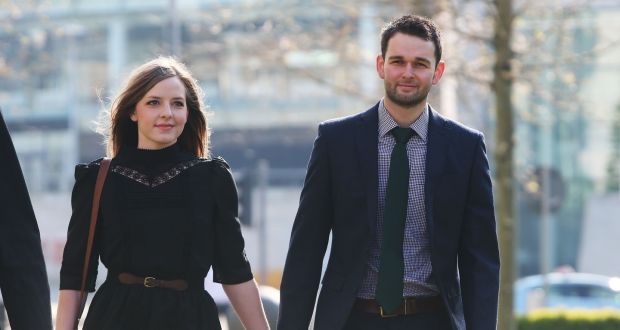The issue of religious freedom will continue to be a major feature in public debate in the year ahead. Central to the discussion is the extent to which people ought to be free when there are what appear to be conflicting and competing rights. For example, where there is a legal right for a same-sex couple not to face discrimination because of their sexual orientation, how free is a businessperson to refuse them goods and services?
I don’t think anyone would tolerate a situation where a same-sex couple might be refused a table in a restaurant because they are gay. But, how free should the restaurant be to, for example, refuse to be a venue for a same-sex wedding if the proprietor has a deeply-held conviction that marriage is a unique relationship between one man and one woman?
Some of these arguments will be explored when the UK Supreme Court sits in Belfast for the first time in April to hear argument in the Ashers Baking Company case.
Supported by The Christian Institute’s Legal Defence Fund, Ashers is defending itself from a lawsuit brought by the taxpayer-funded Equality Commission for Northern Ireland (ECNI).
The so-called ‘gay cake’ case began in 2014 when gay activist Gareth Lee asked for a cake to be decorated with the slogan ‘Support Gay Marriage’. The McArthur family, who own the bakery, recognised that printing the campaign slogan would go against their sincerely-held Christian belief that marriage is between a man and a woman.
They declined the order, but the ECNI sued on behalf of Mr Lee.
In May 2015, a District Judge ruled that Ashers broke sexual orientation and political discrimination laws by declining the order.
At the Court of Appeal hearing in October 2016, judges ruled that refusing the order because of its slogan “was direct discrimination”, despite agreeing that the family did not refuse the service because Mr Lee was gay.
The Supreme Court hearing is an important case, and one that those of us who value the freedom to act according to one’s conscience will watch closely.


 Michael Kelly
Michael Kelly Daniel and Amy McArthur who are at the centre of a court case in Belfast
Daniel and Amy McArthur who are at the centre of a court case in Belfast